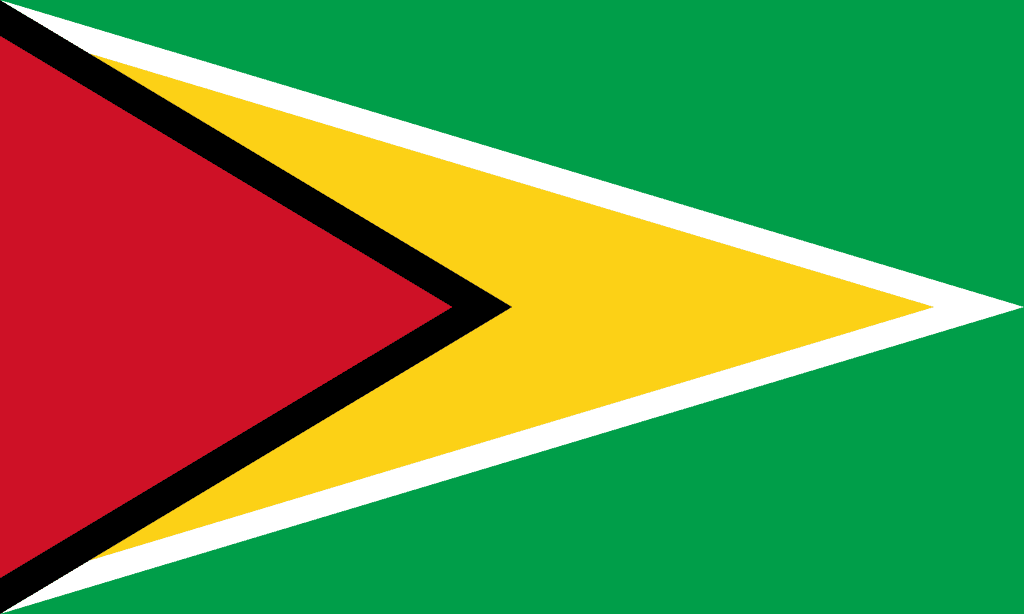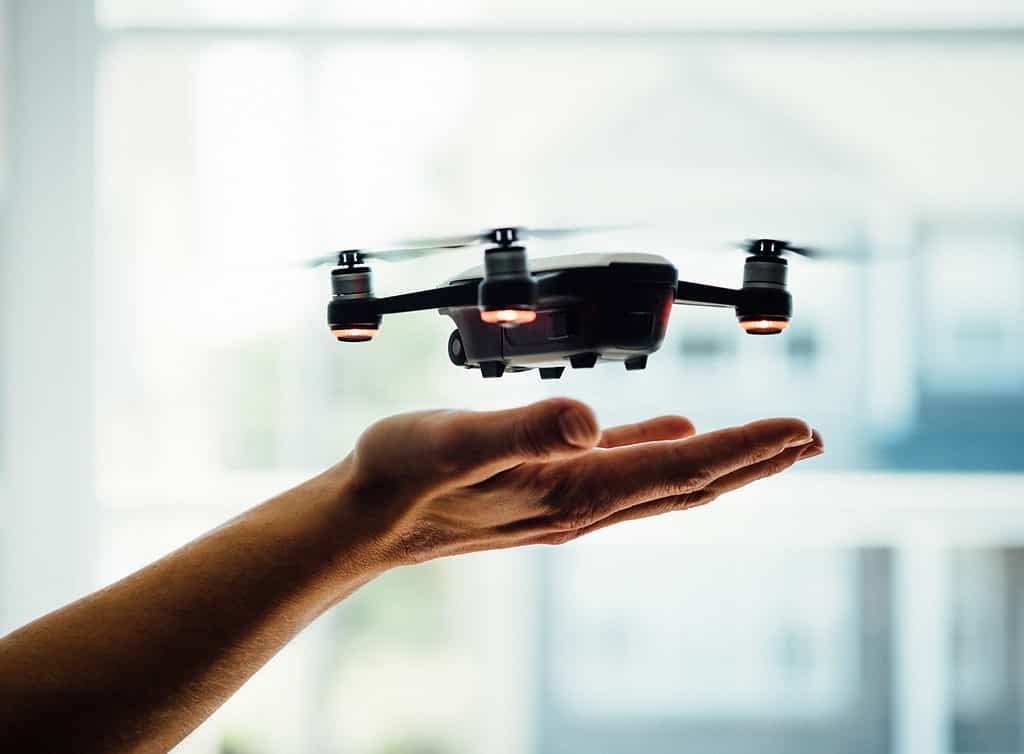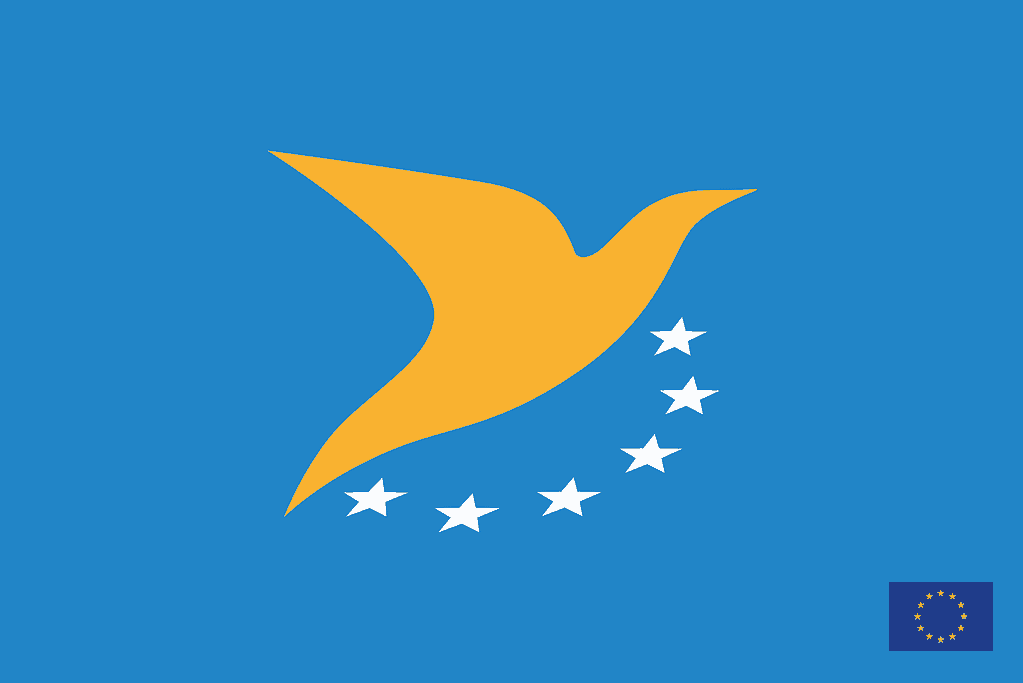Summary of Drone Laws in Guyana
Hobbyist Drone Laws For Residents of Guyana
Drone Operations in Guyana are currently regulated.
- Hobbyist drone flights are allowed in Guyana
- Hobbyist Guyana drone pilot license is not required
- Hobbyist Drone registration/permit is not required in Guyana for hobbyists flying under 7kg
- Drone Remote ID is not required in Guyana for hobbyists
- Drone Insurance is not required but recommended for hobbyists’ drone operations in Guyana
Read below for more details on Hobbyist Drone Laws in Guyana and to find links to regulators and other credible sources!
Commercial Drone Laws For Residents of Guyana
Drone Operations in Guyana are currently regulated.
- Commercial drone flights are allowed in Guyana
- Commercial Guyana drone pilot license is not required
- Commercial Drone registration/permit is required in Guyana for commercial drone operators
- Drone Remote ID is not required in Guyana for Commercial Drone Operators
- Drone Insurance is not required for commercial drone operations in Guyana
Read below for more details on Commercial Drone Laws in Guyana and to find links to regulators and other credible sources!
Drone Laws For Visitors To Guyana
Drone Operations in Guyana are currently regulated.
- Foreign visitor drone flights are allowed in Guyana
- Foreign visitor drone pilot license is not required
- Drone registration is required in Guyana for visitors/tourists
- Drone Remote ID is not required in Guyana for tourists
- Drone Insurance is not required but recommended for tourist drone operations in Guyana
Read below for more details on Drone Laws in Guyana for Visitors (Tourists) and to find links to regulators and other credible sources!
Drone Laws For Government Drone Operators in Guyana
Drone Operations in Guyana are currently regulated.
- Government drone flights are allowed in Guyana
- Government drone pilot license is required
- Drone registration is required in Guyana for Government operations
- Drone Remote ID is not required in Guyana for Government operations
- Drone Insurance is not required for Government drone operations in Guyana
Read below for more details on Drone Laws in Guyana for Government Drone Operations and to find links to regulators and other credible sources!
Agencies Responsible for regulating drones in the Co-operative Republic of Guyana
Drone Regulator in Guyana: Guyana Civil Aviation Authority (GCAA)
UAS Laws – General rules for flying drones in Guyana
The Guyana agency responsible for drone safety, GCAA, has provided several internet-accessible details on flying for fun or work. The highlights are enumerated below. For more details, go to the link above.
Are drones allowed in Guyana?
According to GCAA, drone use is allowed in Guyana, subject to GCAA regulations. Read on for more details.
Here are the most important rules for flying a drone in Guyana.
- You do not need to obtain a permit if your drone weighs less than 7 kilograms (15 pounds), is not used for commercial purposes, and is not equipped with telemetry devices.
- While flying, drone pilots must maintain a direct visual line of sight with their drones.
- Avoid flying at night or in low visibility.
- Keep your drone within a 500-meter (1,640-foot) radius.
- Never fly more than 150 meters (492 feet) above the ground.
- Avoid flying above or within 150 meters (492 feet) of any densely populated area.
- Avoid flying within 100 meters (328 feet) of any objects or structures.
- Do not fly closer than 50 meters (164 feet) to any person not involved in the operation of the drone.
- Without prior permission from the owner, do not fly over or near private or public property.
- Without prior permission from the airport or airfield’s Air Traffic Control unit, do not fly within the airport or airfield.
- Drones are not permitted to drop objects that endanger people or property.
- Drones cannot be used to tow anything while in flight.
Permit Requirements for Flying a Drone in Guyana
You do not need to obtain a permit if your drone weighs less than 7 kilograms (15 pounds), is not used for commercial purposes, and is not equipped with telemetry devices. However, if your drone/use case does not meet these criteria, you must submit an application to the GCAA for a permit.
Additionally, your organization must obtain an Aerial Work Operator Certificate if your drone will be used commercially. The application must include details about intended operations, communication procedures, and a maintenance program.
Applying for a Permit
- Submit a formal letter to the Guyana Civil Aviation Authority Director General requesting permission to operate. Email your letter to dronesunit@gcaa-gy.org;
- Attach the UAV Information Sheet along with a copy of your National Identification Card or the Bio Data Page of your passport (Foreign applicants) with the letter;
- A Drone Security Clearance Check will be conducted for each applicant (a time span of security clearance is a minimum of 29 days)
Notes for recreational drone pilots flying for fun in Guyana
See General Rules above.
Notes for operating Commercial Drone Services in Guyana
Commercial Drone operators require a Permit as outlined in General Rules above.
Commercial drone operators must also apply to the Authority for an Aerial Work Operator Certificate.
You will be required to present for approval, prior to commencing operations, an operations manual, which shall contain policies and procedures for the operations for which the organization intends to use the Unmanned Aerial Vehicle and which shall contain at least the following information;
- a) company organization;
- b) manual distribution and revision procedures;
- c) persons authorized to act on the organization’s behalf;
- d) staff training program;
- e) area of intended operations;
- f) a plan of intended activities;
- g) briefing of pilots and ground crew;
- h) communications procedures;
- i) accident and incident notification;
- j) record-keeping, including aircraft logbook;
- k) a maintenance program based on the manufacturer’s instructions for maintaining the aircraft; and
- l) Emergency procedures, including but not limited to, emergency recall, loss of control datalink, or loss of visual contact.
Useful published information on flying drones in Guyana
Here is a sample of what you might expect if you follow the drone laws and fly in Guyana…
Authoritative Sources of Information on Guyana Drone Laws
We will attempt to keep an updated list of online authoritative links to regulators and other official websites here:
- Drone Regulator Website: Guyana Civil Aviation Authority (GCAA)
- Link To SUAS Laws: N/A
- No Fly Zone Maps/Locations: N/A
- UAV Registration Site: Application Form
- Drone Operator Licensing Site: N/A
- Others: N/A
NOTE: This page is about the Regulation of Unmanned Aerial Vehicles: Small Unmanned Aerial Systems (SUAS), Small UAS, Remote Piloted Aerial Systems (RPAS), unmanned aerial vehicle (UAV), Unmanned Aerial System (UAS), and drone are interchangeable terms unless specified. Model Aircraft, toy, remote-controlled, and RC aircraft may be covered by the same regulations unless specified.
Find out why
We think you must use a Drone Preflight Checklist
And a Drone Post-flight checklist
Free Drone Flight Checklist PDF
This Drone Flight Checklist is better than others.
It’s free!
It includes both the preflight checklist and post-flight checklist
It’s an easy-to-use printable PDF that covers all your bases.
Traveling with a Drone?
Click here to read our Comprehensive Guide For Traveling With A Drone.
NOW IT’S YOUR TURN




Leave a Comment